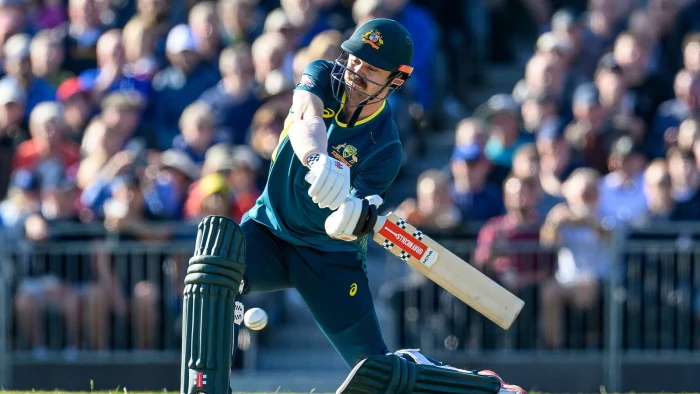Australia and England set to play historic day-night Test at the MCG in next Women's Ashes
heather-knight-and-nat-sciver-brunt-walk-off16
England's bid to regain the Women's Ashes in Australia early next year will take in a historic day-night Test match at the 100,000-capacity Melbourne Cricket Ground.
Australia's largest stadium is set to stage a four-day encounter between the rivals from January 30 to February 2, which will be the first women's Test at the venue since 1949.
The multi-format series gets under way on January 12 with the first of three ODIs while the Sydney Cricket Ground and Adelaide Oval are among the T20 venues ahead of a possible pink-ball Test decider at the MCG.
"The first women's Test match at the MCG since 1949, and the first day-night Test at that historic ground, will be a memorable occasion and another important milestone for women’s cricket as we take more games to major stadiums including the SCG and Adelaide Oval," said Cricket Australia (CA) chief executive Nick Hockley.
Australia have held the Women's Ashes since 2015, retaining the trophy last summer after a thrilling 8-8 points draw against Heather Knight's side in England.
Australia won the one-off Test at Trent Bridge, which was held over five days for just the second time in women's cricket history and first on English soil.
Their next encounter in whites will revert back to four days.
"It's certainly an amazing opportunity for the team to play at such an iconic Australian cricket venue and in such a such a big occasion like an Ashes series," Australia all-rounder Ellyse Perry told reporters.
"That's the next evolution for women's cricket (and) more globally as well for women's sport, we're starting to see that happen more and more often across the board.
"I've got a really small sample size of one five-day Test match and we managed to get a result in that, so I suppose my bias skews towards that, having played a number of four-day games where we haven't got results.
"But it's so contextual to the venue that you play at and your opposition as well, and various other conditions.
"Going forward this is going to be a question that keeps popping up until we're able to really ascertain what is most effective for women's Test matches."


